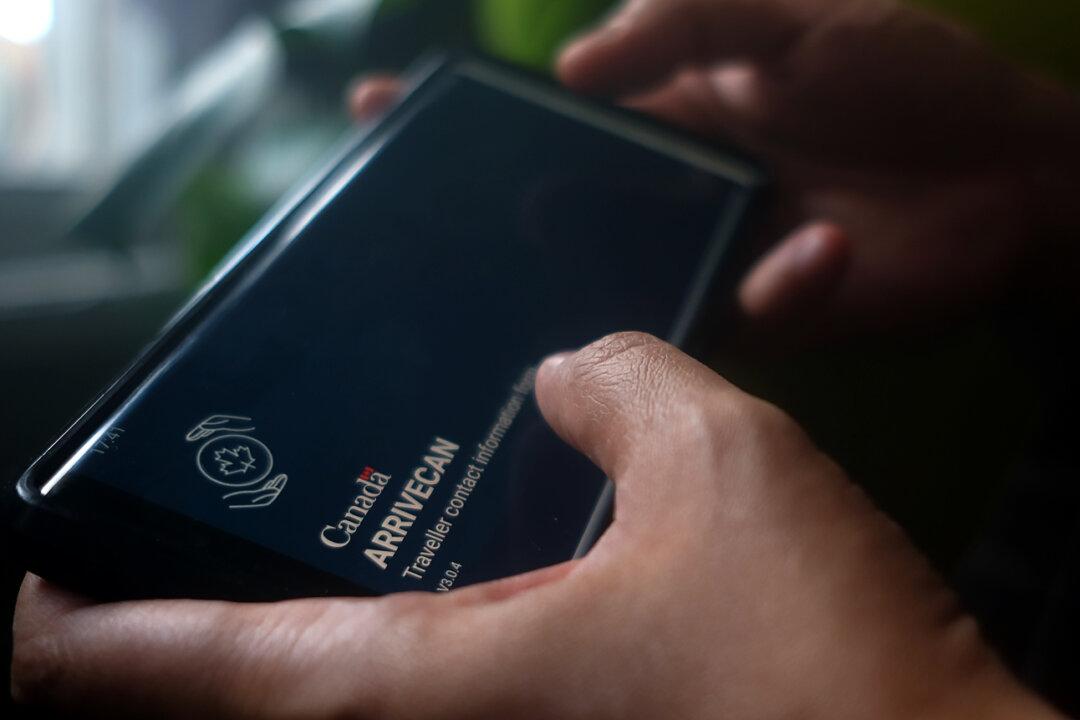A constitutional rights group is fighting to keep alive its legal challenge against the federal government’s ArriveCAN mandate, after the government said the issue is moot because the policy requiring mandatory use of the app has since been lifted.
In response, the group argued that the lifting of the policy has no bearing on the lawsuit since the mandate orders never made it a legal requirement for travellers to specifically use ArriveCAN as part of COVID-19 measures. It said the orders only required travellers to submit information via “electronic means” but did not indicate ArriveCAN as the specific means that must be used.





